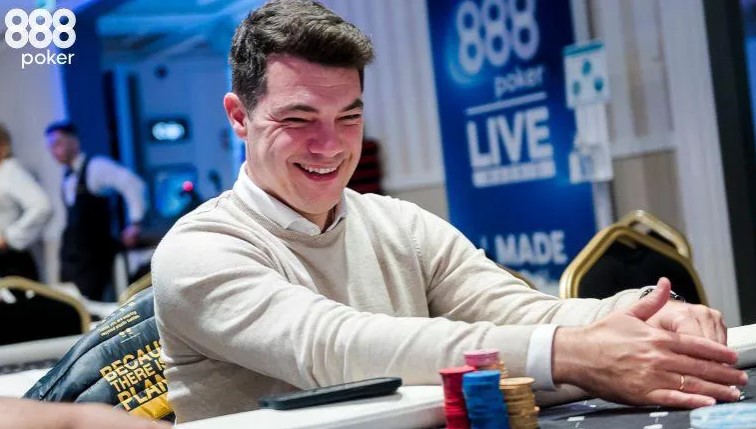
The Psychology of Learning: How Mindset Affects Your Poker Study
We all know that poker is becoming more popular and competitive every day. There’s lots of fun to be had and money to be made.
But truly mastering the game has a steep learning curve.
There are so many areas to study and perfect that it can feel overwhelming, if not impossible.
But it is possible, and there are many things you can do to give yourself a mental edge in your development. The psychological frameworks within which you study and practice can make a huge difference in your progress and performance. This fact is true whether you are just getting your feet wet in poker or an intermediate player looking to elevate your game,
- But how exactly does your mindset influence your learning?
- What can you do to ensure that your mental approach boosts rather than hinders your poker growth?
- Do you see challenges as opportunities for growth, or do they feel like an insurmountable roadblock?
Your answers may hold the keys to unlocking your poker potential. So, let’s dive into the psychology of learning and see how the right mindset can transform your learning.
The Role of Mindset in Poker Learning
The journey to becoming a better poker player starts in the mind. Stanford psychologist Carol Dweck is well known for her research in this area. She suggests that two types of mindsets can affect learning: fixed and growth.
A player with a growth mindset sees obstacles as challenges to overcome. They believe they can hone and develop poker skills with enough effort and persistence.
